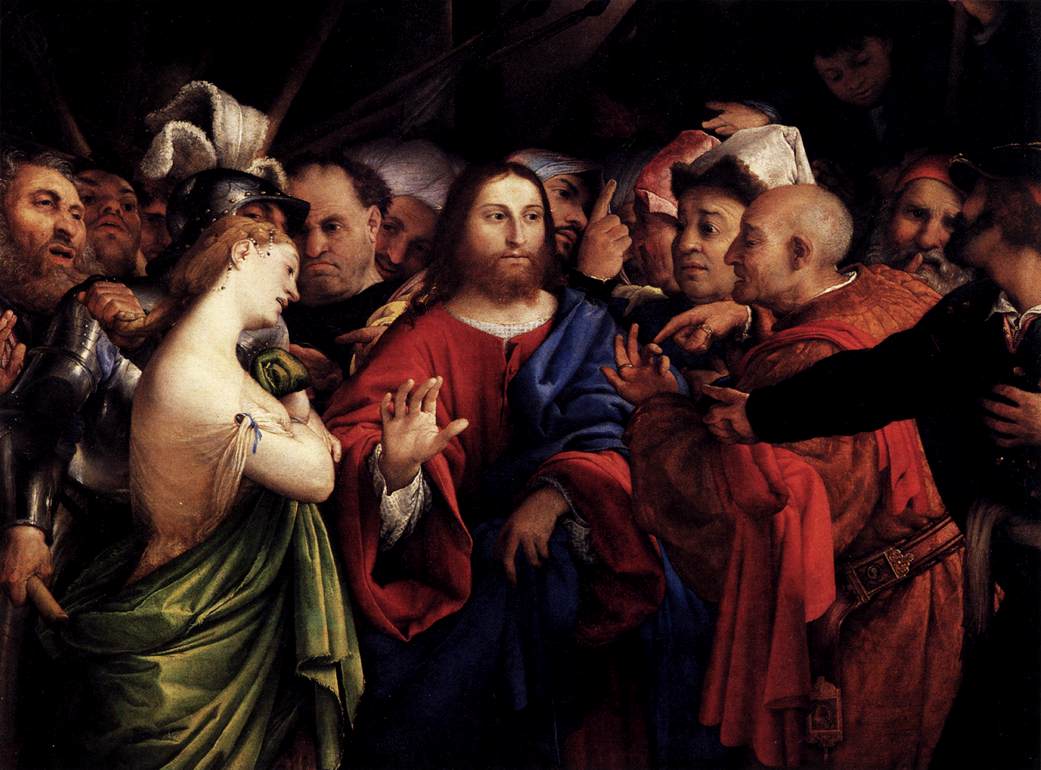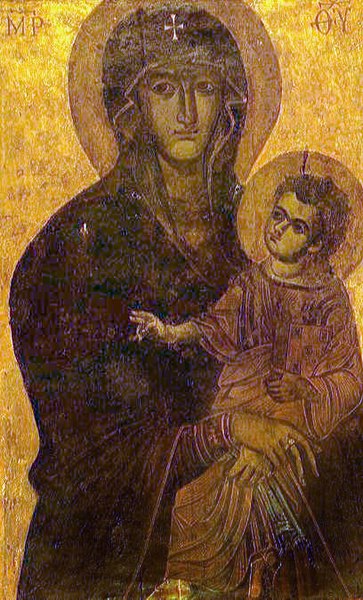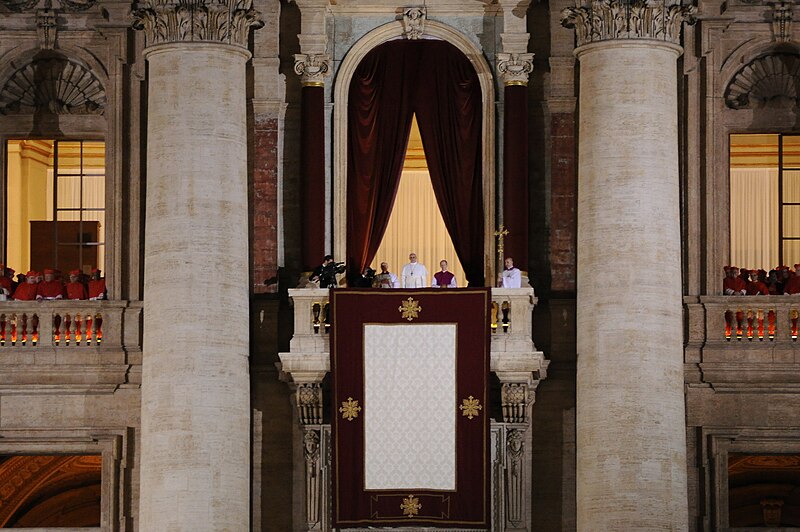From Jesus of Nazareth (1977) directed by Franco Zeffirelli
Readings
(New American Bible:
Philippines, USA)
Readings
(Jerusalem Bible: Australia, England & Wales, India [optional],
Ireland, New Zealand, Pakistan, Scotland, South Africa)
Gospel
John 8:1-11 (Revised Standard
Version – Catholic Edition)
Jesus went to the Mount of Olives. Early
in the morning he came again to the temple; all the people came to him, and he
sat down and taught them. The scribes and the Pharisees brought a woman who had
been caught in adultery, and placing her in the midst they said to him,
"Teacher, this woman has been caught in the act of adultery. Now in the
law Moses commanded us to stone such. What do you say about her?" This
they said to test him, that they might have some charge to bring against him.
Jesus bent down and wrote with his finger on the ground. And as they continued
to ask him, he stood up and said to them, "Let him who is without sin
among you be the first to throw a stone at her." And once more he bent
down and wrote with his finger on the ground. But when they heard it, they went
away, one by one, beginning with the eldest, and Jesus was left alone with the
woman standing before him. Jesus looked up and said to her, "Woman, where
are they? Has no one condemned you?" She said, "No one, Lord."
And Jesus said, "Neither do I condemn you; go, and do not sin again."
Christ and the Woman Taken in Adultery, Lorenzo Lotto, 1527-29
[Web Gallery of Art]
More than 30 years ago I did a number of brief supplies in parishes in one of the western states in the USA. In one parish, where I stayed only from Saturday till Monday morning, the gospel one showing the mercy of Jesus. I forget which one, but know it wasn't today's. In my homily I emphasised God's love for us as sinners and how he wants to welcome us back when we turn away from him, partly or fully, by sinning.
The following morning I found an anonymous note that had been shoved under the front door of the priest's house. The style was that of a teenage girl. But the message was one for which I thanked God.
The writer said that for years she had hated God, thinking that God hated her. But whatever was in the gospel of that Sunday and whatever I said in my homily had touched her deeply, making her aware of God's unconditional love for her precisely as a sinner, a love that led her to let go of the hatred she had been carrying.
Today's gospel shows so clearly the profound, merciful love that Jesus has for the sinner. We tend to focus on his mercy for the woman taken in adultery. She is indeed the main focal point. But we also see the merciful love of Jesus for those who had accused her. Jesus often spoke harshly to and about hypocrites. But on this occasion he brings the men who had wanted to execute the woman to reflect on their own sinfulness. Let him who is without sin among you be the first to throw a stone at her.
And the men did respond. But when they heard it, they went away, one by one, beginning with the eldest.
Today's gospel reflects that of last Sunday, the parable of the Prodigal Son. The older son couldn't see beyond the great sins of his younger brother and failed even to see his father's love shown each day. But the father gently points out, Son, you are always with me, and all that is mine is yours.
The men in the gospel could see only the sin of the woman. And she had committed a grave sin. Adultery is never a 'peccadillo', a 'little sin'. It is among other things a sin of injustice and causes grief to the other spouse and to their children, as I know only too well from listening to young people on retreats over the years.
We live in a time when it is considered a 'grave sin' to be 'judgmental'. The 'grave sin' is not against God but against current 'thinking' and 'feeling'. Yet certain persons are called by their very professions to be 'judgmental': judges, referees and umpires, for example.
And Jesus in this instance is judgmental in that sense. He first asks the woman, Has no one condemned you? He then goes on to say, Neither do I condemn you; go, and do not sin again.
Jesus judges the woman - but doesn't condemn her. He acknowledges her sin - but sends her away forgiven.
Jesus has given us through the Church a powerful way of experiencing what the woman in today's gospel did. It is the Sacrament of Reconciliation/Confession/Penance. We're not usually dragged to the confessional by people condemning us. But we acknowledge our sins while acknowledging God's mercy.
Among other things, 'The whole power of the sacrament of Penance consists in restoring us to God's grace and joining us with him in an intimate friendship.' Reconciliation with God is thus the purpose and effect of this sacrament. For those who receive the sacrament of Penance with contrite heart and religious disposition, reconciliation 'is usually followed by peace and serenity of conscience with strong spiritual consolation.' Indeed the sacrament of Reconciliation with God brings about a true 'spiritual resurrection,' restoration of the dignity and blessings of the life of the children of God, of which the most precious is friendship with God. (Catechism of the Catholic Church, No 1468).
Jesus judges the woman - but doesn't condemn her. He acknowledges her sin - but sends her away forgiven.
Jesus has given us through the Church a powerful way of experiencing what the woman in today's gospel did. It is the Sacrament of Reconciliation/Confession/Penance. We're not usually dragged to the confessional by people condemning us. But we acknowledge our sins while acknowledging God's mercy.
Among other things, 'The whole power of the sacrament of Penance consists in restoring us to God's grace and joining us with him in an intimate friendship.' Reconciliation with God is thus the purpose and effect of this sacrament. For those who receive the sacrament of Penance with contrite heart and religious disposition, reconciliation 'is usually followed by peace and serenity of conscience with strong spiritual consolation.' Indeed the sacrament of Reconciliation with God brings about a true 'spiritual resurrection,' restoration of the dignity and blessings of the life of the children of God, of which the most precious is friendship with God. (Catechism of the Catholic Church, No 1468).
Salus Populi Romani (Protectress of the Roman People)
The day after he was elected Pope Francis visited the Basilica of St Mary Major in Rome to pray for the people of his new diocese - the Pope is above all the Bishop of Rome - where he knelt before the icon of the Madonna and Child, said to date back to the early days of Christianity. Since the 19th century Mary in this image has been known as 'Salus Populi Romani' or 'Protectress of the Roman People'.
When Pope Francis came out on the balcony for the first time he said, And now, we take up this journey: Bishop and People. This journey of the Church of Rome which presides in charity over all the Churches. A journey of fraternity, of love, of trust among us. Let us always pray for one another. Let us pray for the whole world, that there may be a great spirit of fraternity. It is my hope for you that this journey of the Church, which we start today, and in which my Cardinal Vicar, here present, will assist me, will be fruitful for the evangelization of this most beautiful city.
Here, for the second time in his brief words, Pope Francis was emphasising that he is Bishop of Rome. He then went on to ask the people to pray for him before he gave his Urbi et Orbi - 'To the City and the World' - blessing.
Collect from the Mass for the Pope.
O God, who in your providential design
willed that your Church be built
upon blessed Peter, whom you set over the other Apostles,
look with favour, we pray, on Francis our Pope
and grant that he, whom you have made Peter's successor,
may be for your people a visible source and foundation
of unity in faith and of communion.
Through our Lord Jesus Christ, your Son,
who lives and reigns with you in the unity of the Holy Spirit,
one God, for ever and ever.



No comments:
Post a Comment